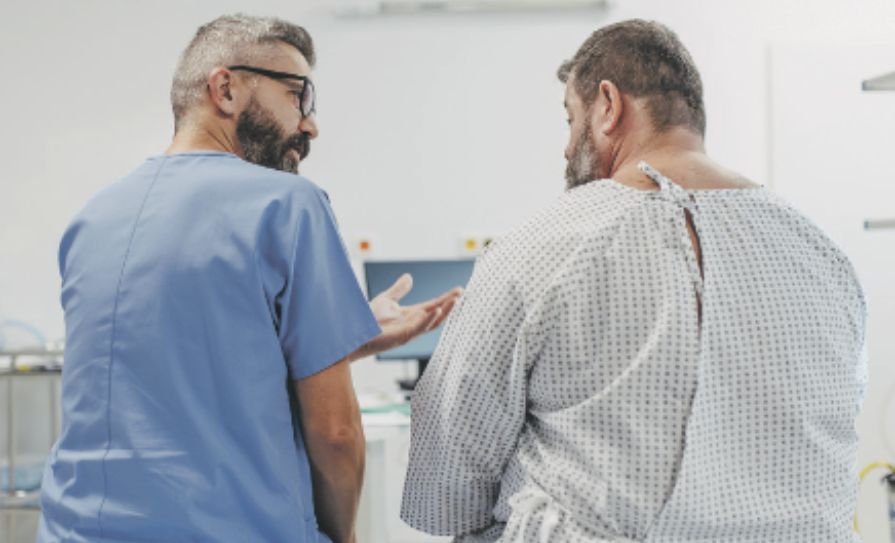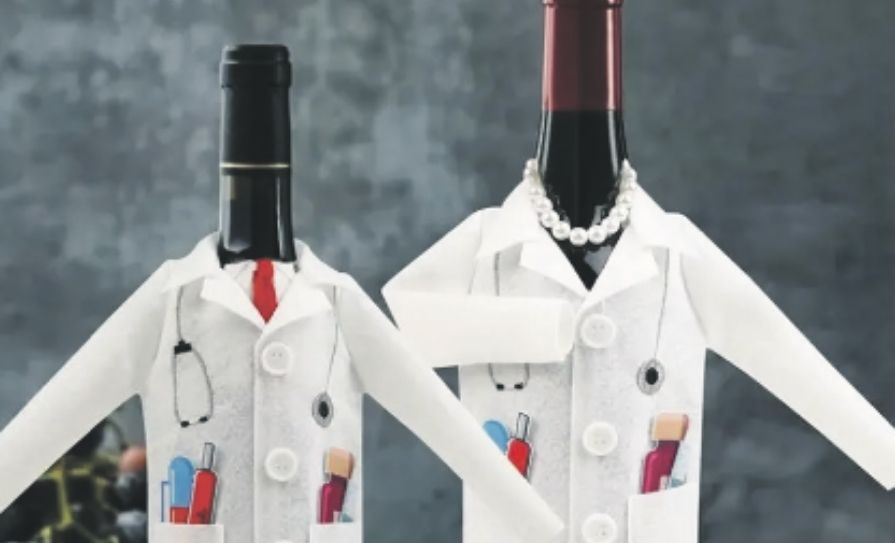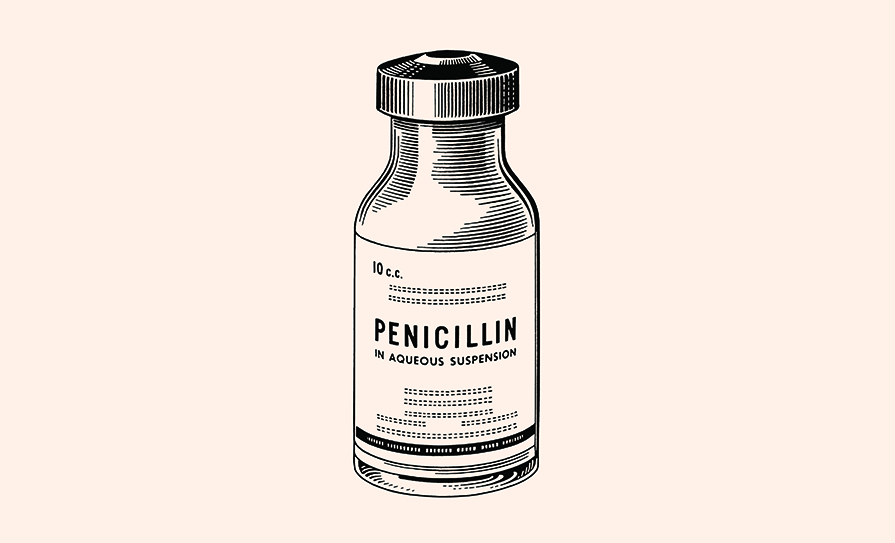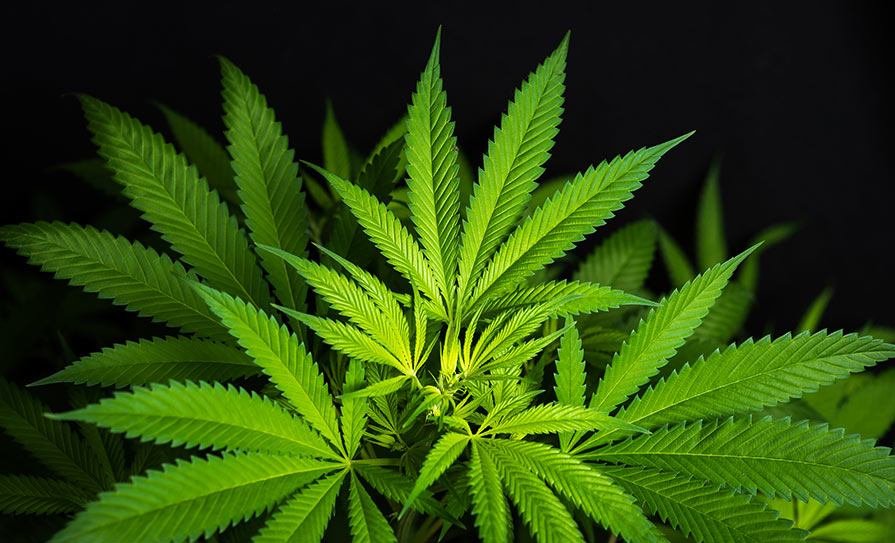Can we breathe out yet? As always, there are more questions than answers around Covid-19 and while medical experts and commentators have remained fairly rational and level-headed when discussing it, the same cannot be said for the media.
Many media outlets have been culpable in causing considerable amounts of anxiety around Covid-19, some more than others, which have deliberately whipped up salacious, apocalyptic headlines and ‘click-bait’ to ramp up an unsuspecting reader’s anxiety levels.
Much of this was most obvious in the early days of the pandemic and was no doubt partly responsible for the panic-buying of handwash and of course, bizarrely, toilet tissue.
Even the BBC ran specially-dedicated news programmes for hours on end each afternoon to provide live, minute-by-minute ‘updates’ on what the virus was doing.
To the impressionable viewer, or those predisposed to anxiety, this type of thing creates an impression that SARS-CoV-2 is a giant monster clinging to the top of the Empire State Building and swatting helicopters out of the air (older readers will get this reference).
You have no doubt seen the headlines yourself, using such terms as ‘tipping-point’, ‘global catastrophe’, and so on.
In disseminating information about the pandemic, the media must take its fair share of the blame for creating additional worry among the public for the sake of a few more clicks or selling a few more papers.
Caution and precautions over Covid-19 are necessary and helpful. Generating unnecessary hysteria and anxiety is not.
Open-door policy
Most governments are not ruling out another lockdown, depending on how the infection and death rates pan out in the coming weeks and months. But at least one senior medical professional in the UK has gone on record to state his belief that the UK lockdown has done more harm than good. As usual, your critiques, observations and input are most welcome — tell us whether you agree or disagree with Prof Mark Woolhouse OBE, Professor of Infectious Disease Epidemiology at the Usher Institute in the College of Medicine and Veterinary Medicine, University of Edinburgh, UK.
Prof Woolhouse, who was also a scientific advisor to the UK government, was reported recently in a number of UK media outlets as saying that the lockdown was futile and destructive. Calling on the UK government to ‘unlock’ society and the economy, he said: “Lockdown was a panic measure and I believe history will say trying to control Covid-19 through lockdown was a monumental mistake on a global scale; the cure was worse than the disease.”
Prof Woolhouse says the impact of a lockdown — so much more difficult to evaluate than the effects of the virus itself — outweigh the destruction caused by the disease.
“I never want to see national lockdown again,” Prof Woolhouse said. “It was always a temporary measure that simply delayed the stage of the epidemic we see now. It was never going to change anything fundamentally.
“I believe the harm lockdown is doing to our education, healthcare access, and broader aspects of our economy and society will turn out to be at least as great as the harm done by Covid-19.”
This is particularly the case in the post-lockdown environment, he added. “I suspect right now more people are being harmed by the collateral effects of lockdown than by Covid-19.
“This is why we need a broader range of people on the government advisory board Sage, with equal input from economists to assess the damage to incomes, jobs and livelihoods, educationalists to assess the damage to children, and mental health specialists to assess levels of depression and anxiety, especially among younger adults, as well as psychologists to assess the effects of not being able to go to the theatre or a football match.”
He continued: “… My concern is that far too many people involved in managing this pandemic have in mind that it will somehow burn itself out. I don’t expect it to.
“I would not dignify waiting for a vaccine with the term ‘strategy’. That’s a hope, not a strategy. But we do need to get on with providing an alternative to lockdown.”













Leave a Reply
You must be logged in to post a comment.